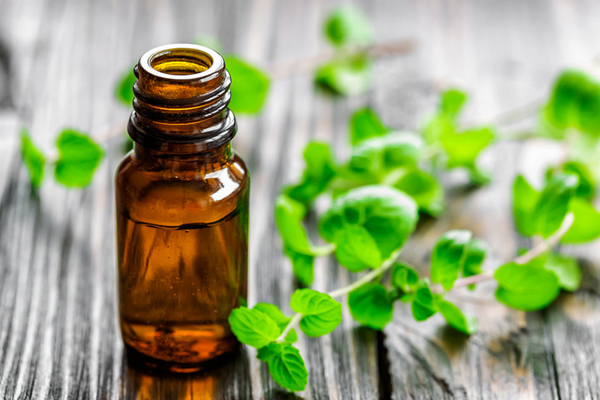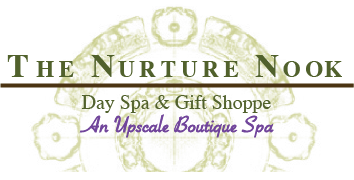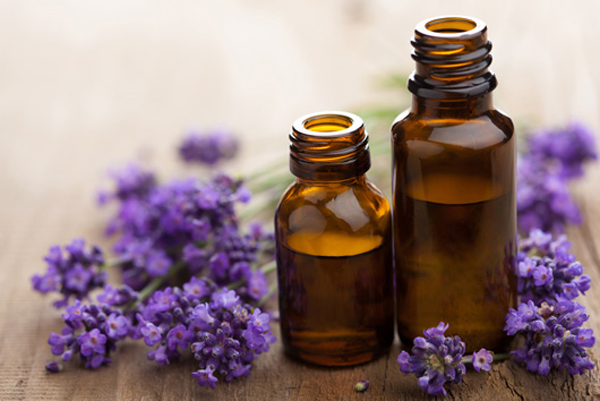What’s So Essential About Oils?

When you enter the world of natural fragrance and aromas, the possibilities are endless. You will find nature in one of its most powerful forms: aromatic liquid substances known as “essential oils,” which are extracted from certain species of flowers, grasses, fruits, leaves, roots and trees. These concentrated liquids are indispensable to medicine and to the food and cosmetic industries. There are approximately 300 varieties of essential oils, which collectively constitute an extremely effective “medical” system. Many of these are the active ingredient in drugs prescribed by the orthodox Western system of medicine, or the inspiration for chemical copies. In food and drink, essential oils are used to give natural flavor and aroma as well as preservatives. Manufacturers of cosmetics appreciate their cell-rejuvenating and beautifying properties, while the fragrance industry is more concerned with their delightful aroma and their mood and emotion-enhancing capacities.
Each single oil is used for many diverse purposes. For example, peppermint oil is an anti-inflammatory used to treat rheumatism and arthritis; it is prescribed by doctors for the relief of discomfort in the digestive system under the trade name Colperin. It is well known that the peppermint is used by confectioners; less well known is that it is also an ingredient in aftershave lotions.
Not only is peppermint used for the aforementioned, it covers a broad spectrum, from curing a headache to using it as a method to clear an ant’s nest or deterring mice from spending the winter in your roof. These natural plant oils can be used to treat illnesses, or create a delicious and exciting new dish. They will get rid of the fleas from your dog’s coat as easily as the aphids from your garden plants.
While the medicinal qualities of essential oils are impressive, it is inadequate to merely look up an illness and find the appropriate treatment. With essential oils you can take control of your life and environment, secure in the knowledge that your well-being will be improved.
The extraordinary versatility of nature’s essential oils is made possible by the fact that they come in a most convenient form. A few drops of pure lavender oil wiped on a burn affects the most remarkable cure as the skin returns to normal within days, with no blistering or scarring. You can return to the same little bottle when you have a headache—just one drop rubbed on the temples will bring relief. Because lavender is a natural deterrent of mosquitoes and moths, among other insects, it can as easily be dabbed on a ribbon and hung at the window to deter the former, or put on a cotton-wool ball and placed in the wardrobe to deter the latter. The natural antibiotic and antiseptic qualities of lavender oil make it not only a highly effective wash for cuts and grazes—on you or your pet—but also for tables, tiles and fridges. The fact that it smells divine means that it’s a delight to use anywhere, and anytime, and makes a great air freshener.
Effective awareness of essential oils and their uses is a growing trend thanks to several “in-home” or multilevel marketing companies of late. While the oils have been around for as long as the earth itself, most people have not been aware of them or their benefits. People are yearning for more natural, less medical, approaches to taking care of themselves and their families. This type of education has heightened the perception and recognition of these oils. The most effective use of oils is not orally, as one might think, but by external application or inhalation. The methods used include body oils, compresses, cosmetic lotions, baths, inhalation (by steam, direct from a bottle or tissue), room sprays or diffusers. Oils are less effective if ingested, leaving them to pass through the digestive system, where interference can occur.
All who know the pure product and use it with understanding come to respect the essential oils and their ability to operate effectively not only on the cellular, physical level, but in the emotional, intellectual, spiritual and aesthetic areas of our lives also. If anything in this world is holistic, it is essential oils.
The average household could easily fulfill all of its likely needs with about 10 essential oils. Your basic care kit should include: Lavender, Tea Tree, Peppermint, Chamomile, Eucalyptus, Geranium, Rosemary, Thyme, Lemon and Clove.
For over 600 natural, non-toxic and fragrant recipes to create healthy living, beauty and a safe home environment, get a copy of The Complete Book of Essential Oils & Aromatherapy by Valerie Ann Worwood. (Thanks to her book for much of the information in this article.)

